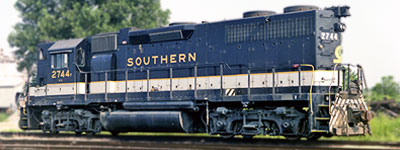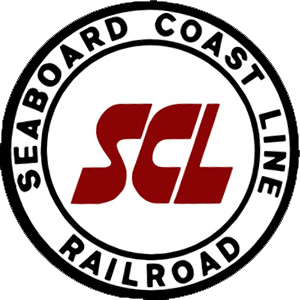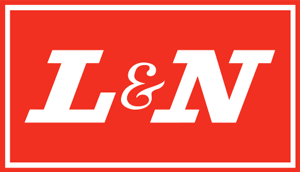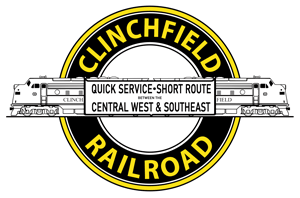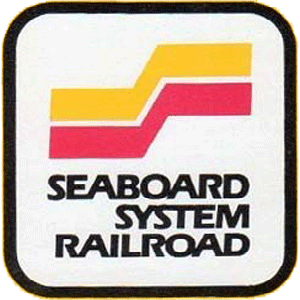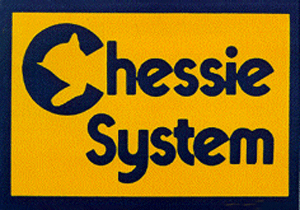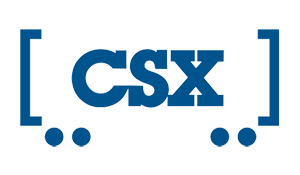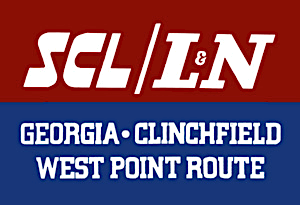
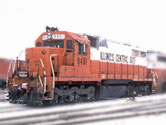
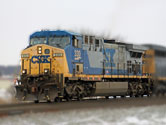
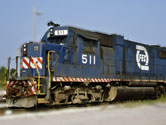
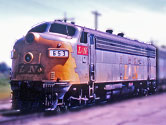
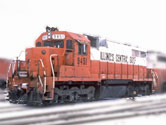
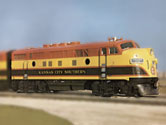
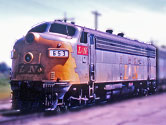
Seaboard System Railroad

1985 / Ron Flanary

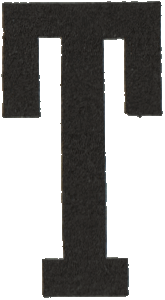 he Seaboard System Railroad was a mainline network that operated from 1982 to 1986 in the central and southeastern United States. Since the late 1960s, Seaboard Coast Line Industries had operated the Seaboard Coast Line and its sister railroads — notably the Louisville & Nashville and Clinchfield — as the "Family Lines System". In 1980, SCLI merged with the Chessie System to create the holding company CSX Corporation. Two years later, CSX merged the Family Lines railroads to create the Seaboard System Railroad. In 1986, Seaboard renamed itself CSX Transportation, which absorbed the Chessie System's two major railroads the following year.
he Seaboard System Railroad was a mainline network that operated from 1982 to 1986 in the central and southeastern United States. Since the late 1960s, Seaboard Coast Line Industries had operated the Seaboard Coast Line and its sister railroads — notably the Louisville & Nashville and Clinchfield — as the "Family Lines System". In 1980, SCLI merged with the Chessie System to create the holding company CSX Corporation. Two years later, CSX merged the Family Lines railroads to create the Seaboard System Railroad. In 1986, Seaboard renamed itself CSX Transportation, which absorbed the Chessie System's two major railroads the following year.

from Historical Guide to North American Railroads / collection

Seaboard System #1211
EMD MP15T (1984) / Jacksonville, Fl / Sep 1987 / RWH

Seaboard System #1239
EMD MP15T (1985) / Jacksonville, Fl /
Sep 1987 / RWH

Jacksonville, Fl / Sep 1987 / RWH

Seaboard System #3133
GE B23-7 (1978) / Jacksonville, Fl / Apr 1987 / RWH
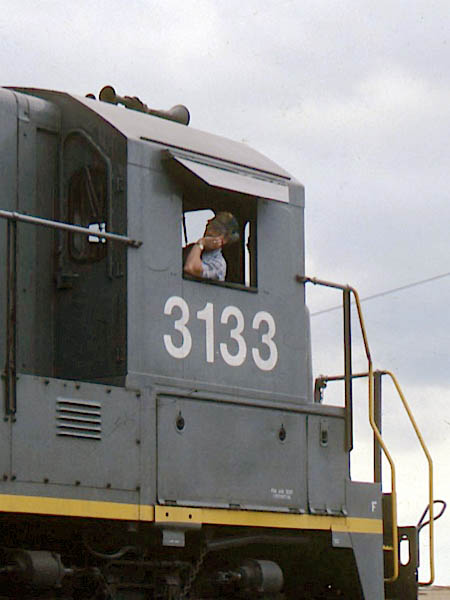
Apr 1987 / RWH

Jacksonville, Fl / Apr 1987 / JCH

Jacksonville, Fl / Apr 1987 / JCH

Jacksonville, Fl / Apr 1987 / JCH

Seaboard System #6735
EMD GP40 / Jacksonville, Fl / Apr 1987 / JCH

Seaboard System #5038
Mobile, Al / Oct 1986 / JCH

Seaboard System #7212
GE U30C (1969) / Mobile, Al / Oct 1986 / JCH

Mobile, Al / Oct 1986 / JCH

Seaboard System #21006
caboose / Jacksonville, Fl / Apr 1987 / JCH

Jacksonville, Fl / Apr 1987 / JCH

Jacksonville, Fl / Apr 1987 / JCH

Seaboard System #82621
Flomaton, Al / Jul 1990 / RWH
 Survivors
Survivors

SBD equipment in our collection preserved on display or in operation at museums
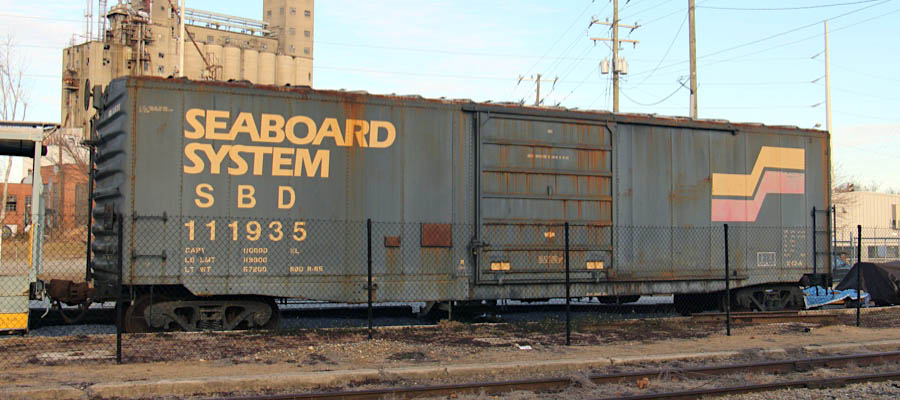
Seaboard System #111935
50' steel boxcar / Richmond, Va / Dec 2017 / RWH
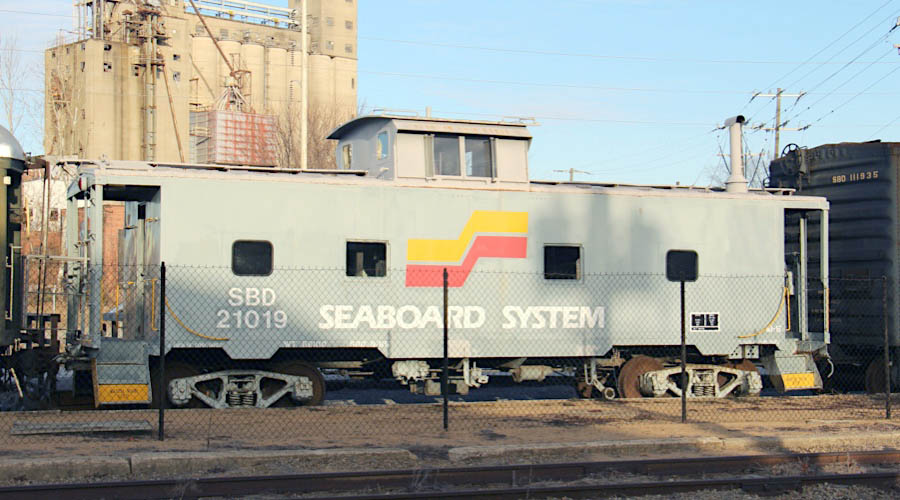
Seaboard System #21019
steel caboose / Richmond, Va / Dec 2017 / RWH

See also our complete Richmond Railroad Museum scrapbook in Preservation

Seaboard System #971498
scale test car / Savannah, Ga / Dec 2019 / RWH

Dec 2019 / RWH

See also our complete Georgia State Railroad Museum featured scrapbook in Preservation
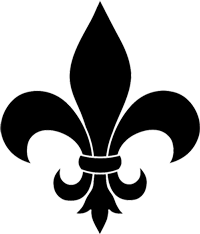 Lagniappe
Lagniappe
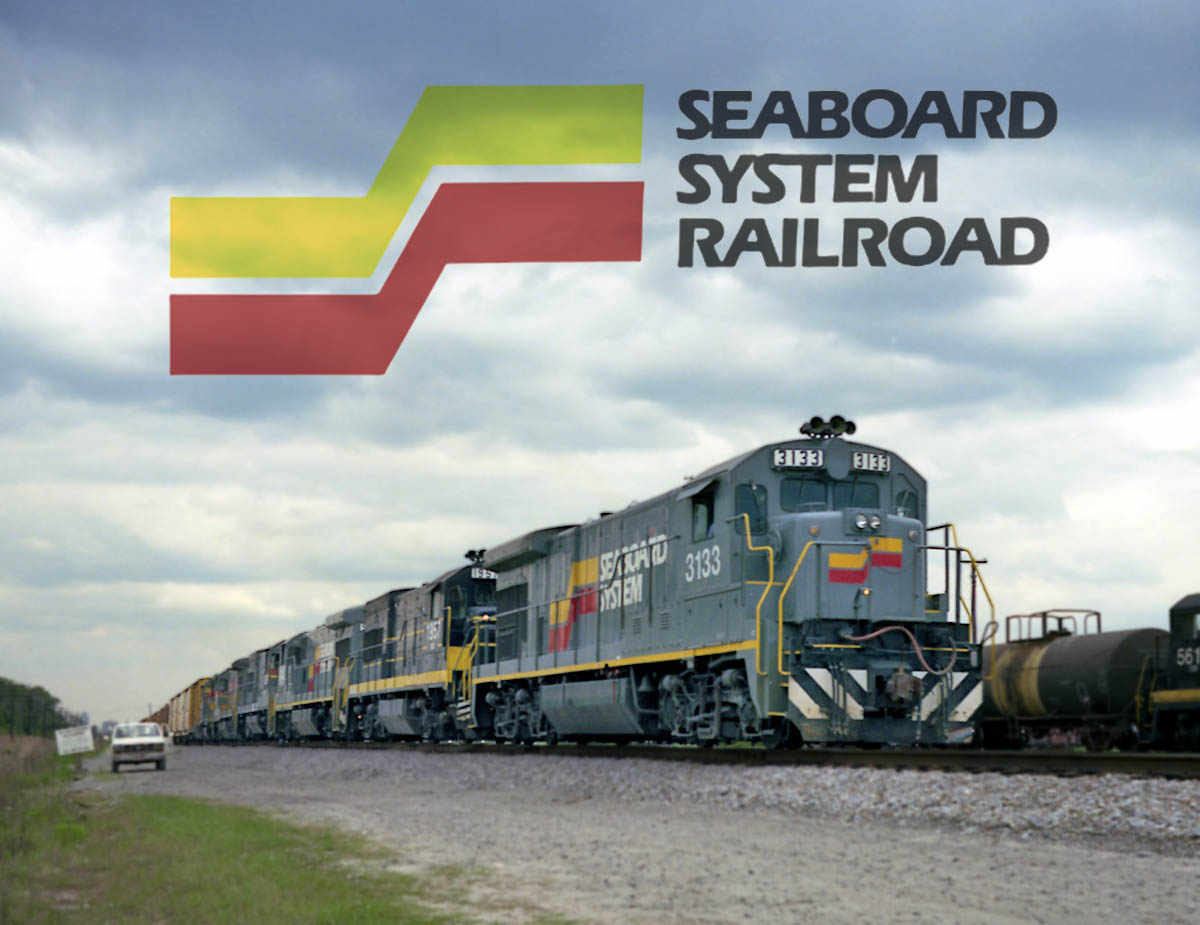
Six Seaboard Systems of Power
Jacksonville, Fl / Apr 1987 / image JCH artork RWH
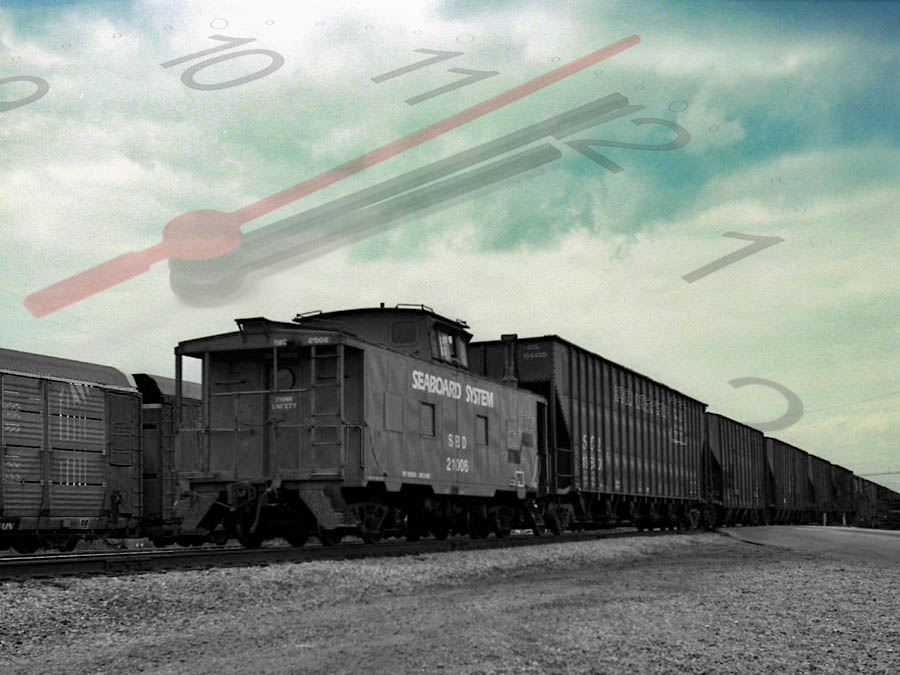
Approaching Midnight for the Cabin
Jacksonville, Fl / Apr 1987 / image JCH artork RWH
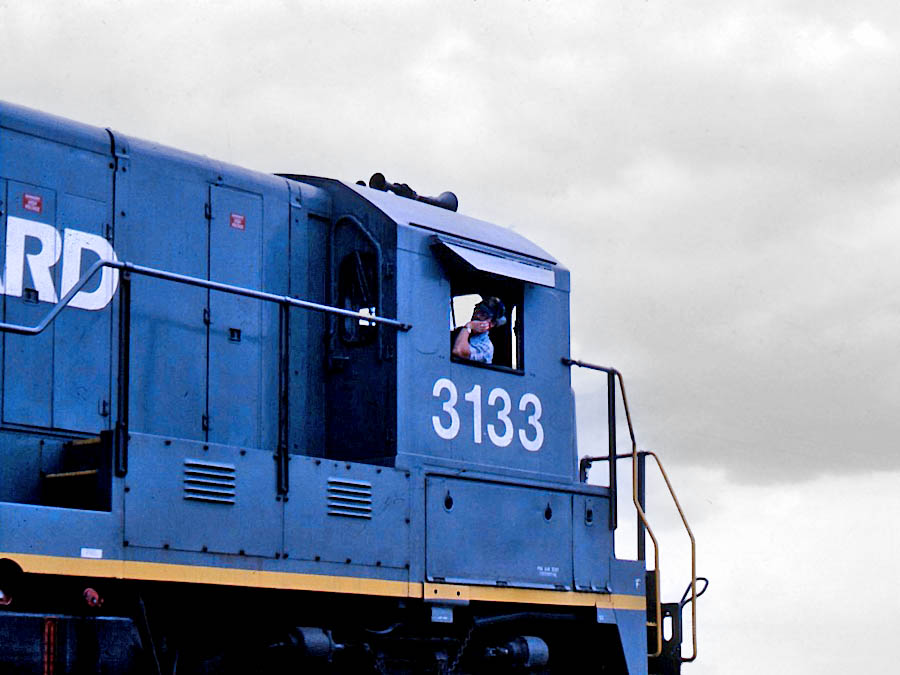
Cab Contemplations
Apr 1987 / image and artwork RWH

 This is it. This is the one. Twelve Eleven. I remember the encounter like it was yesterday. The whine of the turbo. The towering cab. The bulky boxy body. The stance on its pair of Blombergs like it meant business. This hiss of the air spitter. The sheen of the business gray. The pop of the stripes. This is the locomotive that made me a Diesel fanatic. No. 1211. A MP15T from the good people of General Motors, where "T" in the model stands for turbo. Only 42 ever rolled off the line, and all but one of them hired on with the Seaboard System; they were all only three years away from LaGrange when I snapped this photo in Jacksonville of the twelfth in the litter. I watched this gray monster grab on to cut after cut of Seaboard business and drag it all around the yard's throat. These where they days when you stand close enough to the tracks to feel the action vibrate your chest, without anyone with a company badge coming by to shoo you away. That is, as long as you were not in the way. And the Old Man taught me how not be in the way. So we stood there for a while, he and I, and we watched unhindered as this marvelous machine did its intended work. And on that spot I was hooked. Twelve years old, and I was hooked on Diesels for the rest of my life. Tell me again how oil from the ground gets made to move and then squirted and squeezed in a chamber, only to explode one way and then retreat another, and it happens all over again, everyone turning a shaft which turns some wires which turn in a winding until voltage is made and moved to more windings, and then to motion, and then to gears, and then to wheels, and then there is movement of a quarter mile's worth of steel structures riding on springs and ball bearings. I still say, even now, it's pure magic.
This is it. This is the one. Twelve Eleven. I remember the encounter like it was yesterday. The whine of the turbo. The towering cab. The bulky boxy body. The stance on its pair of Blombergs like it meant business. This hiss of the air spitter. The sheen of the business gray. The pop of the stripes. This is the locomotive that made me a Diesel fanatic. No. 1211. A MP15T from the good people of General Motors, where "T" in the model stands for turbo. Only 42 ever rolled off the line, and all but one of them hired on with the Seaboard System; they were all only three years away from LaGrange when I snapped this photo in Jacksonville of the twelfth in the litter. I watched this gray monster grab on to cut after cut of Seaboard business and drag it all around the yard's throat. These where they days when you stand close enough to the tracks to feel the action vibrate your chest, without anyone with a company badge coming by to shoo you away. That is, as long as you were not in the way. And the Old Man taught me how not be in the way. So we stood there for a while, he and I, and we watched unhindered as this marvelous machine did its intended work. And on that spot I was hooked. Twelve years old, and I was hooked on Diesels for the rest of my life. Tell me again how oil from the ground gets made to move and then squirted and squeezed in a chamber, only to explode one way and then retreat another, and it happens all over again, everyone turning a shaft which turns some wires which turn in a winding until voltage is made and moved to more windings, and then to motion, and then to gears, and then to wheels, and then there is movement of a quarter mile's worth of steel structures riding on springs and ball bearings. I still say, even now, it's pure magic.
Links / Sources
- Wikipedia article for Seaboard System
- Diesel Shop roster for Seaboard System
- Railroad Picture Archives Seaboard System roster
- Historical Guide to North American Railroads - Second Edition (Kalmbach, 2000) 390-91
